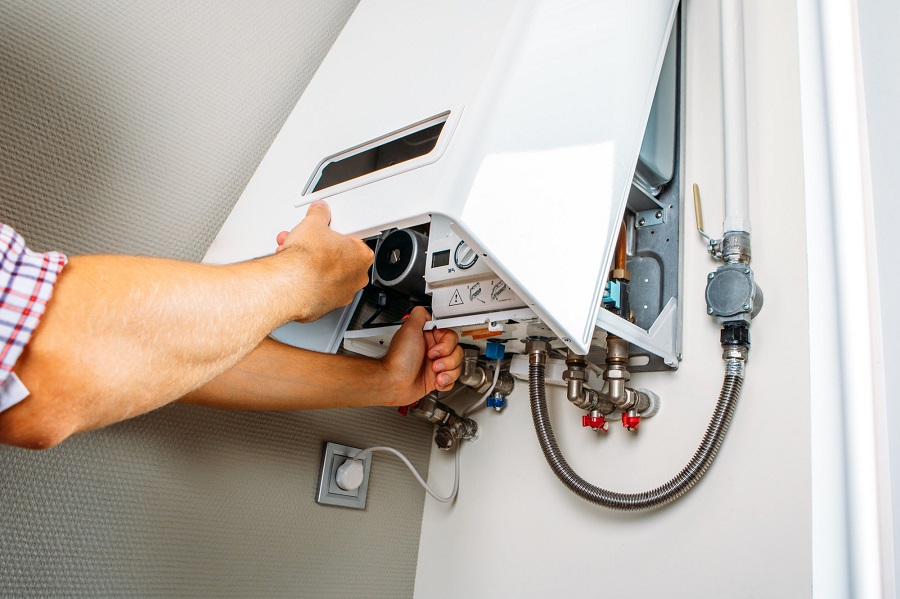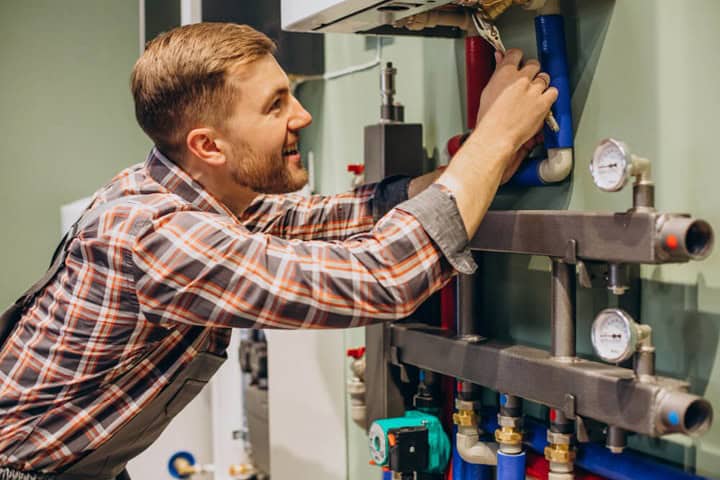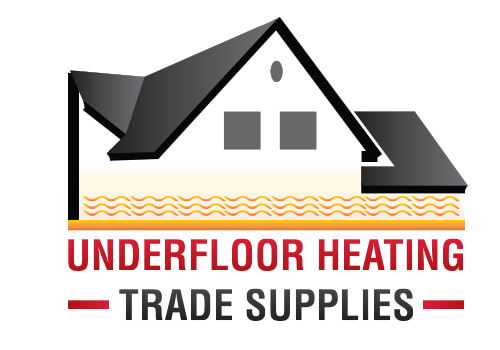
Is your boiler pressure too high? If you’re like most homeowners, you probably take your boiler for granted and simply rely on it to work. A well-functioning boiler will deliver hot water where it is needed as well as heat to your under-floor heating or radiators which is essential to keeping your home warm in winter. When things go wrong with your boiler, the outcome can be disastrous and expensive so, to avoid problems, it’s a good idea to understand how boiler pressure works and when to call in the experts. In this article, you will learn what happens if boiler pressure is too high, and what can be done about it before disaster strikes.
Key points:
- Learn what boiler pressure is, and how it differs from water pressure.
- Discover the ways of measuring differences between low and high boiler pressure.
What Is Boiler Pressure?
Boiler pressure is very different to water pressure. Water pressure in your home is how strong the flow of water comes out of your taps while boiler pressure refers to the circulation of hot water in a sealed system. In this case, the heating system. If the water pressure is too low then your heating system may not be working properly and you may not be able to get your home warm enough. If the boiler pressure is too high, your heating system may fail due to being under too much strain and this can cause the system to spring a leak and this could lead to a series of problems.
What Happens If Boiler Pressure Is Too High?
Most boilers will have a gauge so you can keep an eye on the pressure. It’s important to know the right pressure when the boiler is cold, as in not turned on, as well as when it is turned on and heating your home. It’s also good to know the difference between high and low boiler pressure and how they affect your system. Ideally, your boiler pressure should be at around 1.3 bar when it is cold and between 1.5 and 2 bar when the heating is on.
Low Boiler Pressure – If your boiler pressure is too low, your boiler may not work or, if it does, it may not work efficiently which is just as bad. Low boiler pressure can result in your heating system not being able to heat your home properly and the water coming out of your taps may not be hot enough either.
High Boiler Pressure – While it is normal for the boiler pressure to increase when it is turned on, it should only increase by a small amount. In some instances, it may increase quite considerably and even this is not a major cause for concern as long as the pressure does not stay high for too long. With most boilers, the system will simply shut down when it reaches a certain high pressure to prevent the system from serious damage. If your boiler pressure is consistently high, it can accelerate the rate of wear and tear of your boiler and the entire system as well. This can result in your system leaking anywhere along the pipes which is always cause for concern
Both high and low boiler pressure can be a problem and should be addressed immediately. If your boiler is turned on and the pressure falls to below 1 bar, it is too low to function properly. Alternatively, if it rises to higher than 2 or 2.5 bar, it is too high.
Why Is My Boiler Pressure Too High?

There is very rarely a single reason why boiler pressure is reading too high and, in most cases, your boiler will automatically shut down when it reaches a certain pressure point. Some issues are simple to deal with while others will require the services of a professional repairer
Some of the reasons your boiler pressure may be too high include:
- There is too much water in the system – Most people will give their heating system a quick look over just before the colder months to ensure everything is working properly. Quite often, this also includes topping up the boiler with water. When you turn the boiler on for the first time, water molecules expand as they heat and if you added too much water, you will need to release some of this excess water. “Bleeding the radiators” usually brings the boiler pressure down in a matter of minutes.
- A filling loop valve is open – Most hot water systems have a filling loop that connects the system to the water supply. If the valve of this filling loop is left open, even slightly, the system continuously adds more water and this can increase the boiler pressure. Before calling in the professionals, check the filling loop valve and make sure it is closed.
- There is an issue with the pressure release valve – This is another valve that prevents excess pressure from your heating system from building up. If this valve is faulty, you will need to have it replaced.
- The expansion vessel is damaged – Inside the boiler casing is the expansion vessel. This resembles a tank as keeps the pressure in the boiler stable during heating and cooling. The first sign of a problem is usually a leaking valve. If your boiler is leaking, call a licensed professional to examine the boiler and system.
- Any other broken parts – Your heating system is quite complex and includes many different parts and connections. Any one of them malfunctioning can cause an increase in your boiler pressure. It’s always important to have any worn-out plumbing parts replaced before you have more serious issues to deal with.
Understand Your Boiler
The best way to avoid the problems that follow high boiler pressure is to perform maintenance checks before you start using your heating system every season. You should also know the different types of boilers available and especially the one you have. If you are not sure of how to reduce your boiler pressure, don’t panic. Try the most obvious troubleshooting tip and if that doesn’t work, have a licensed plumber take a look at the problem for you.
However, even if you are living in the UK and are not looking forward to a wet summer, be sure to understand these warnings from British Gas.
Sources
Evans, A., (2024) Warning to British Gas, EDF and EON customers over putting heating back on this summer. The Express. [online] Available at: https://www.express.co.uk/finance/personalfinance/1910480/warning-british-gas-edf-eon-heating-back [accessed 19/07/24]
